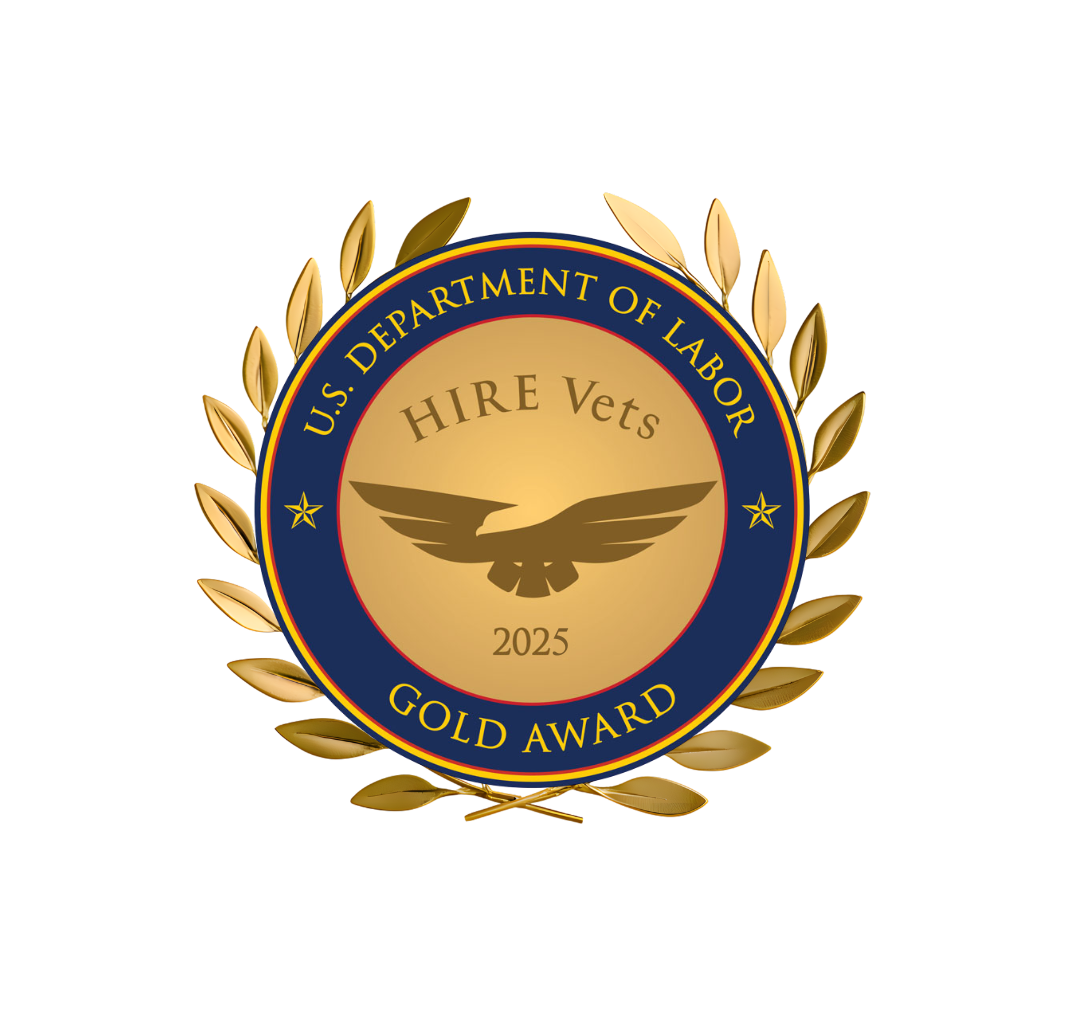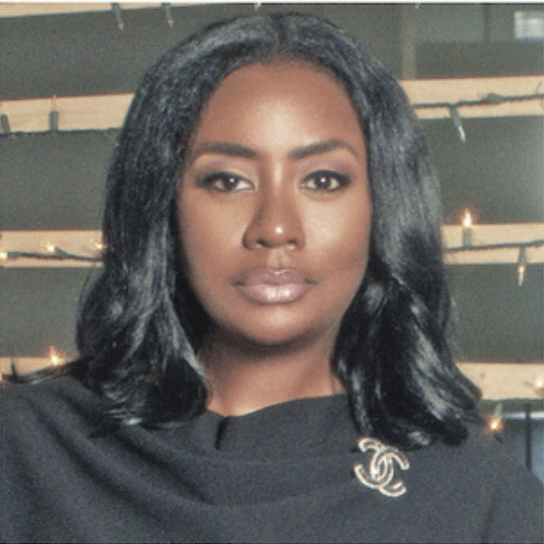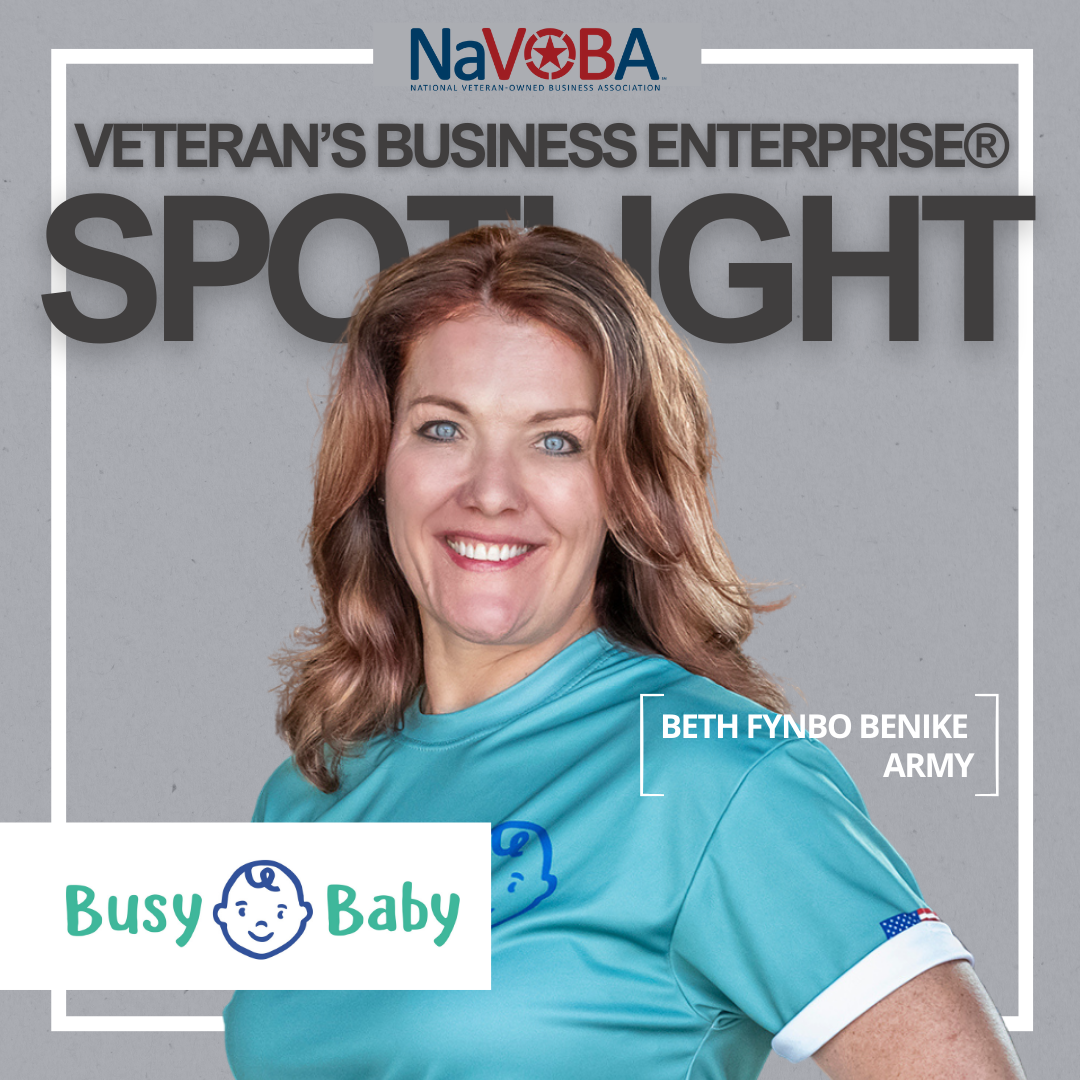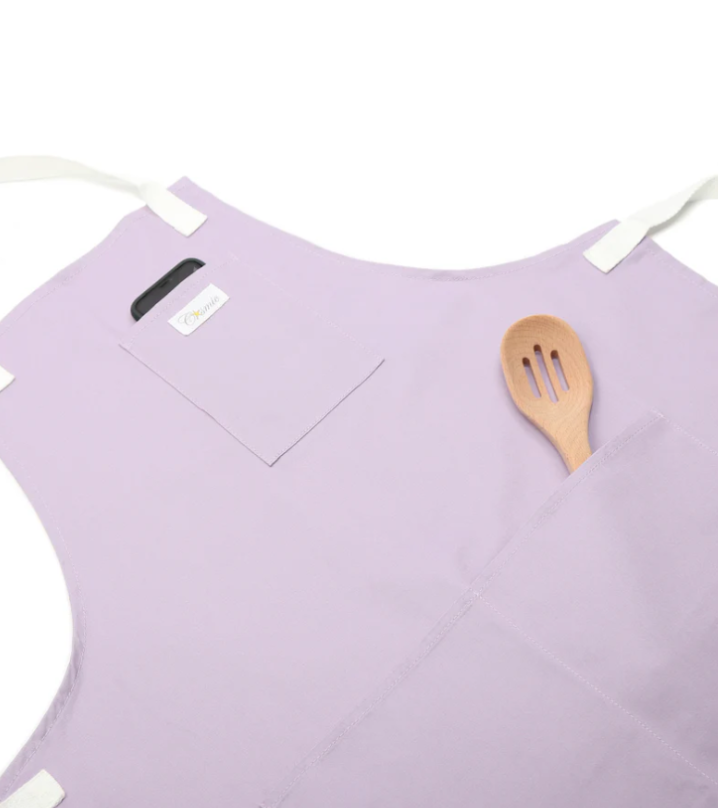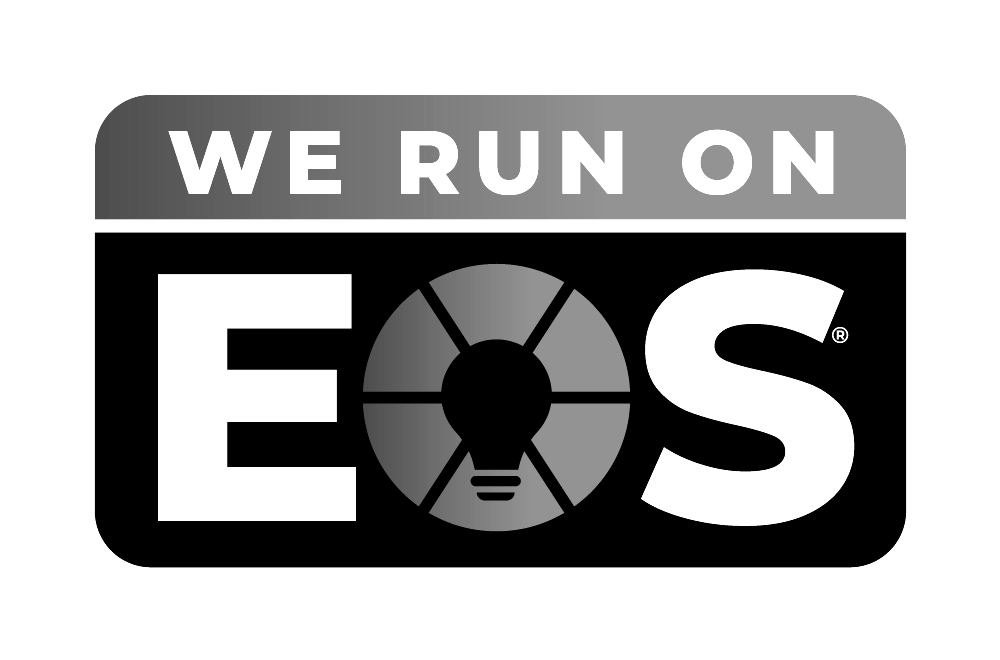Women Veteran Entrepreneurs Draw on Military Service Qualities to Succeed in Business
Resolve, intensity and discipline help lead the way
BY NANCY CONNER, certification director, National Veteran Owned Business Association
The lessons learned and lived in military service, such as leadership, teamwork, competitive spirit, mission orientation and work ethic are the same attributes needed to succeed in business. Corporate America has long been the beneficiary of the freedoms and business practices tough for, secured and preserved by our American fighting men and women. Approximately three million of those brave Americans now fuel our economy as vetrepreneurs in businesses they own.
Intersectionality
One of the most unique aspects of the veteran's business community is its incredible celebration of diversity. The veteran's business community is the intersection of all diverse business communities. One important distinction, however, is they all have volunteered to defend our freedoms. The last draft forcing Americans into military service ended in 1973 so every single veteran since then has made the selfless sacrifice to serve our country in uniform - including more than two million women.
According to data published by Syracuse University D'Aniello Institute for Veterans & Military Families, there are more than 97,000 women, veteran-owned businesses in the United States. These WVBEs contribute more than $15 billion to the U.S. economy and employ more than 70,000 people across the country with a payroll of more than $2 billion.
Entrepreneurship
Veterans are at least 45% more likely to take the plunge into entrepreneurship than people with no active-duty military experience. Currently, one out of every seven veterans own a business, compared to about one out of every 14 non-veterans who own a business
But this overrepresentation should come as no surprise. The military teaches leadership, teamwork, integrity, resolve and ingenuity. These also happen to be the most important ingredients for success in running a business. These intangibles consitute what makes corporate America want to hire veterans as employees and the same essence of what makes corporate America want veterans as suppliers. As a result, military training is truly a proving ground for America's business community.
Here are two examples of successful women veteran business owners.
VENUS QUATES and LaunchTech LLC
Venus Quates is a servant leader, forward thinker and proud veteran of the United States Air Force. As the president and CEO of LaunchTech, she leads and empowers a diverse team of experienced professionals to resolve challenges and grow the future of technology in the space, financial services, health care and public sectors.
In addition to her visionary leadership, Venus is an accomplished professional with over 20 years of domestic and international experience and an acquired wealth of technical and business knowledge across a wide range of demanding roles and sectors. As a technologist and self-proclaimed nerd, she has led several enterprise technology transformation, data science and strategic planning initiatives with Fortune 500 companies, global banking giants and leaders in the aerospace and defense industries.
Quates' visionary leadership, continued education - at Texas A&M University, Massachusetts Institute of Technology, University of California Los Angeles Tuck School of Business at Dartmouth - and keen ability to see the bigger picture have been the driving forces helping her to remain ahead of industry trends and build successful businesses.
She remains armed with unyielding determination and passion for empowering minorities, girls and women to choose rewarding careers in science, technology, engineering and math in hopes of changing the workforce composition. Alongside her rewarding career and tenure in entrepreneurship, she has traveled worldwide, developing game-changing STEM programming and educating organizations that serve disadvantaged populations on the benefits of implementing innovative and emerging technology for community and economic growth. In addition, she serves on the board of directors for the Girl Scouts of Western New York, as well as advisory boards for various nonprofit groups and veteran-focused initiatives across the country.
BARBARA KENT and Birdy Boutique LLC
Barbara Jozwik Kent immigrated to the United States from Poland as a child in 1988. Watching her mother perform hard physical work to put food on the table, she learned that education and determination equaled success. Education became of the utmost importance to her at a young age. Kent graduated from the United States Military Academy at West Point in 1999. She went on to honorably serve in the United States Military Police Corps for 13 years.
"My years in the Army taught me how to get out of the weeds and look at the big picture to figure out what I can and can't control and, above all, to act, act, act," she said.
Kent and her sister Joanna Serra started Birdy Boutique, a certified women- and disabled-veteran owned online children's boutique in 2013. Kent was Birdy Boutique's first designer and maker of the car seat poncho, a blanket-type covering that a child can wear over their seat belts and exceed National Highway Traffic Safety Administration guidelines. Sales of the car seat poncho and, later, other Birdy Boutique creations grew and in 2020, Birdy Boutique had its largest growth year.
Kent successfully got the Birdy Boutique brand onto retail shelves as she negotiated their largest mass retailer deal with Meijer, where learning blankets are currently highlighted on end caps at stores. Also their first bilingual English-Spanish learning blanket will be found on shelves at all 200-plus Meijer stores in September 2022 celebrating Spanish Heritage Month.
Kent's other passion is helping military families. She is a member of several spouses' clubs and spearheads volunteer projects to raise money for college scholarships for military kids, volunteers to help new incoming spouses and often makes meals for those in need.
NaVOBA is a 501C3, nonprofit third-party certifier, governed by a corporate led board of directors. NaVOBA follows the same rigorous gold-standard certification process as Women's Business Enterprise National Council, National LGBT Chamber of Commerce and National Minority Supplier Development Council. If a company is WBENC-certified, it is eligible for expedited certification as a veteran business enterprise or service-disabled veteran business enterprise, which provides an additional competitive advantage. Please reach out to VBEHelp@navoba.org for more information.
Conner, N. (2022, May). Women Veteran Enrepreneurs Draw On Military Service Qualities to Succeed In Business. WEUSA Magazine, Volume 2 Pg. 62, 64. https://digital.weusa.biz/?issueID=46&pageID=64
Venus Quates, President and CEO, LanuchTech
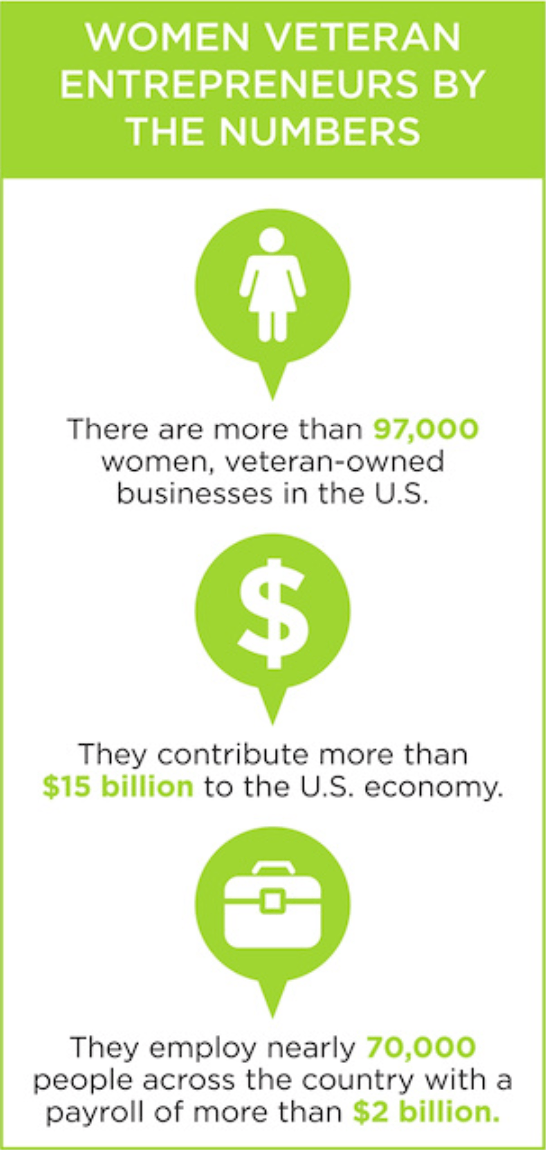
Connect with NaVOBA on Social:
